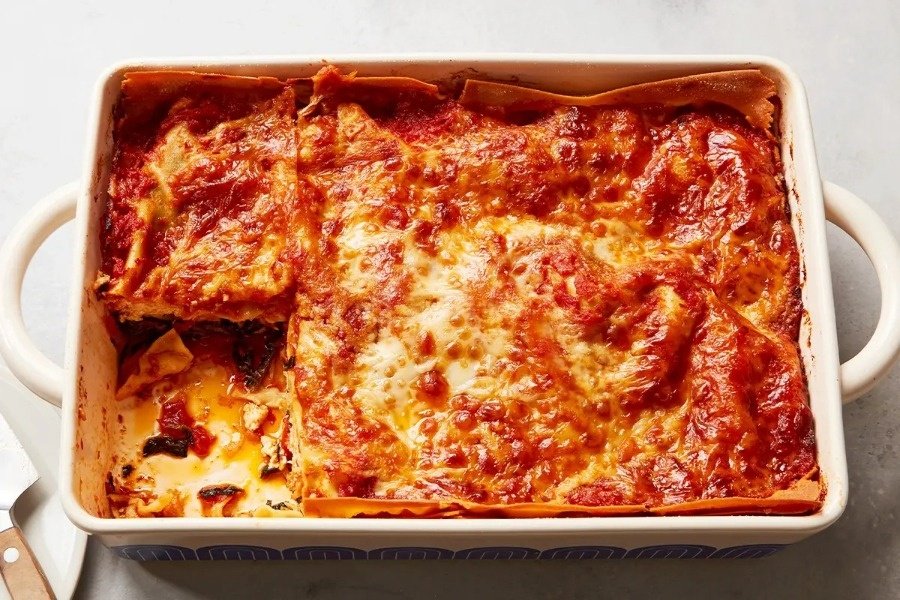The best foods andWomen’s foodHealthy and beautiful
As a woman, you may need more nutrients duringPregnancyor menopause. Therefore, it is very important to be aware of these nutritional needs to help lead a healthy life.
Your daily food choices greatly impact your overall health. Following a healthy and balanced diet can help prevent and manage various health issues. In this health and wellness sectionSelMagzWe aim to introduce the daily nutritional needs of women.
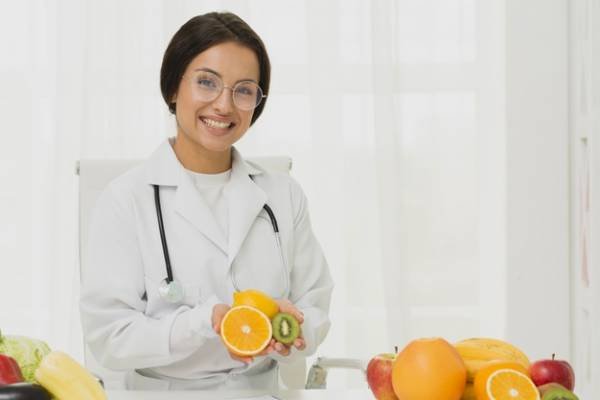
Nutritional needs of women
The nutritional needs of women vary depending on genetics, activity level, height, and age. Most women require 25-35 calories and 0.8-1 gram of protein per kilogram of body weight daily. However, it’s recommended not to count calories but to listen to hunger signals instead, as understanding what they truly need to eat can be difficult.
Factors affecting the nutritional needs of women
1- Menopause
Hormonal changesMenopause can lead to a gradual decrease in muscle mass, which in turn decreases the need for calorie intake. During this time, women need more calcium (1200 mg per day instead of 1000 mg) to help maintain strong bones.
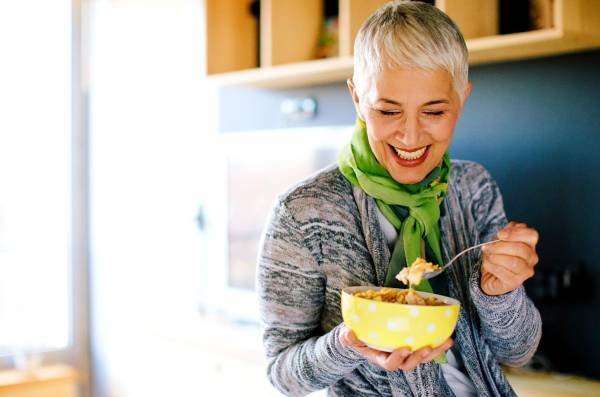
2- Age
As one ages, both men and women may require more vitamins B12 and D, as they are not absorbed and synthesized by the body as before.
3- Physical activity
The more physically active women are, the more energy they expend, thus increasing their caloric needs.
4- General health
Sometimes illness or health issues can affect nutritional needs. For instance, someone recovering from surgery may require more protein.
5- Pregnancy and breastfeeding
Since a child’s nutrition duringfetaldevelopment and after birth depends on the mother, women need to increase their nutrient intake during these times.
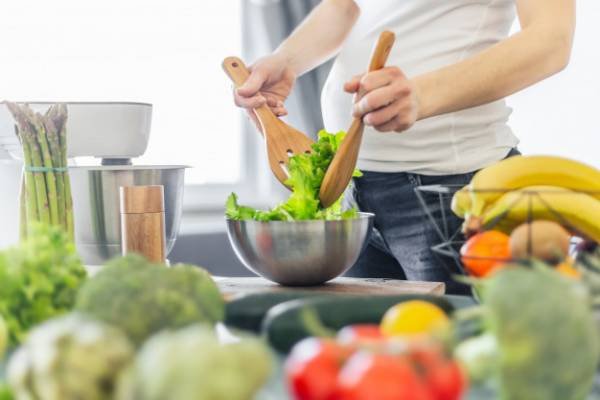
Dietary suggestions for women
There is no food that must be included in women’s diets, as what individuals eat regularly is more important than any single food item. However, here are some excellent options for nutrient-rich foods for women:
- Greek yogurtis rich in calcium, probiotics, andvitamin Dwhich are essential for strong bones.
- Beans provide protein and plant fiber to promote a healthy microbiome.
- Tomatoes
- Berries are a valuable source of fiber and are rich in antioxidants that enhance normal bowel movements.
- Salmon is high in omega-3 fatty acids, which are important for fetal brain growth and preventing inflammation during pregnancy and breastfeeding.
- Dark chocolate contains polyphenols that have antioxidant properties.
- Almondsare considered a filling snack as they contain protein, healthy fats, and fiber, all of which helpbalance blood sugarlevels.
- Avocadois high in folate, which helps prevent early fetal development issues before and duringpregnancy.Olive oil
- is especially important for maintaining skin and hair health.Dark leafy vegetables are high in nitrates, which are particularly beneficial for
- heart healthafter menopause.Additionally, women should try to reduce red meat consumption and eat more seafood. These foods are rich in omega-3 fatty acids, which are anti-inflammatory and can prevent various health issues.
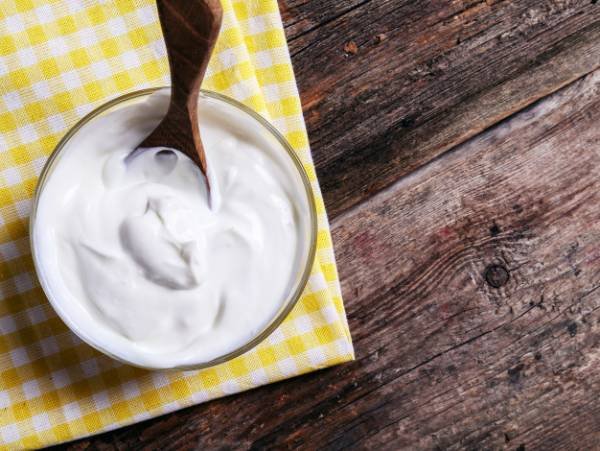
Water and other fluids are also essential for good health but are often overlooked. In fact, water is a
nutrientand women are recommended to drink at least 2 liters of water daily. If you sweat (due to activity or hot weather), are pregnant, breastfeeding, or simply thirsty, you will need to drink more water.Vitamins for women’s health

Since maintaining a balance of vitamins and minerals is vital, attention should also be paid to the following:
Women should include sources of vitamin D in their diets as this vitamin is essential for bone health and immune system function. However, this vitamin is not found in many foods (excluding
- salmonand fortified dairy products and non-dairy alternatives).If you follow a vegan or vegetarian diet, be cautious of vitamin B12, which is only found in animal sources.
- A deficiency of vitaminB12 can lead toanemiaor problems with your nervous system. Vegetarians can obtain this vitamin through supplements or fortified products (like non-dairy milk).Whether you need supplements to address dietary deficiencies depends on your diet, lifestyle, genetics, and health conditions. In other words, take supplements that resolve specific deficiencies rather than relying on multivitamins (this does not apply in pregnancy).
If you want to decide which supplements to take, consult a
nutritionistspecialist.Iron deficiency
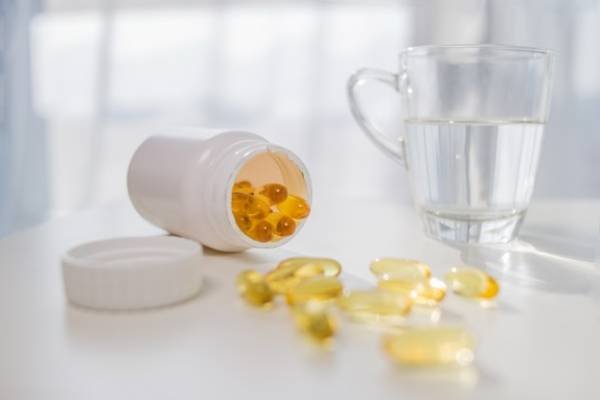
in womenWomen are at risk for anemia and
iron deficiencydue to factors like menstruation and reproduction.According to the Women’s Health Office statement, about 5 percent of women may develop anemia due to blood loss during menstruation. Pregnant women are also at greater risk as the fetus requires extra iron to develop its organs.
Iron-rich foods include meats, dark leafy vegetables, and
beans.Consuming these foods along with a source ofvitamin C(like tomatoes,bell peppers,or citrus) can enhance iron absorption, while taking them with calcium sources (like dairy) can hinder absorption.If blood test results
confirm your anemia, you will require iron pills or supplements.Foods beneficial for women’s fertilityIf you plan to conceive, you should have an ideal and healthy diet, meaning you need to consume a variety of foods and address any potential issues.
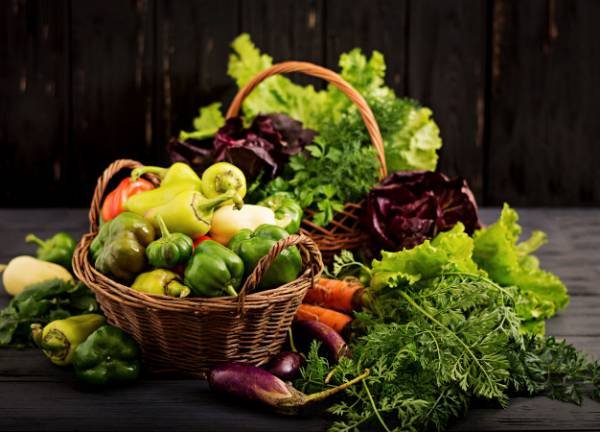
If you intend to become pregnant, there are various foods you can eat to ensure you are compensating for nutritional deficiencies. These foods and their specific benefits include:
Eggs
contain choline, an important nutrient for conception and pregnancy, but women often do not consume enough of it.
- Seeds (like hemp,pumpkin,
- and sesame) contain zinc and help maintain egg health.Leafy greens (likeRomaine lettuce,
- spinach,andkale) are rich in folate, which is crucial for early fetal growth during pregnancy.Early fetal development is very important, and you should focus onhealthy nutritionas soon as you are pregnant.
Other tipsA balanced diet plays a key role in maintaining your health.It is recommended to include a variety of foods in your diet such as fruits, vegetables, whole grains, low-fat foods, lean proteins, and fat-free dairy products.
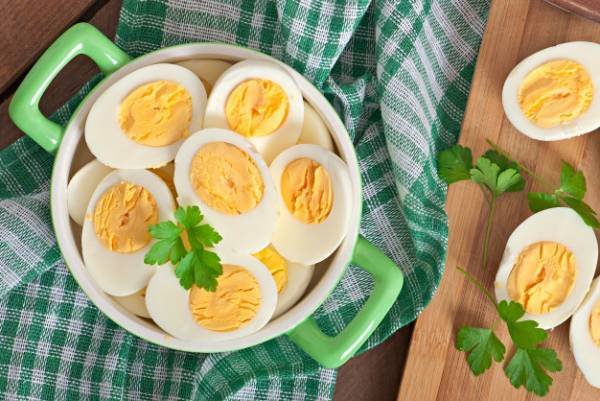
As a woman, you need to ensure that you meet your nutritional needs at different stages of life.
- Women’s Nutrition
- The best foods for women
- Nutrition for menopausal women






